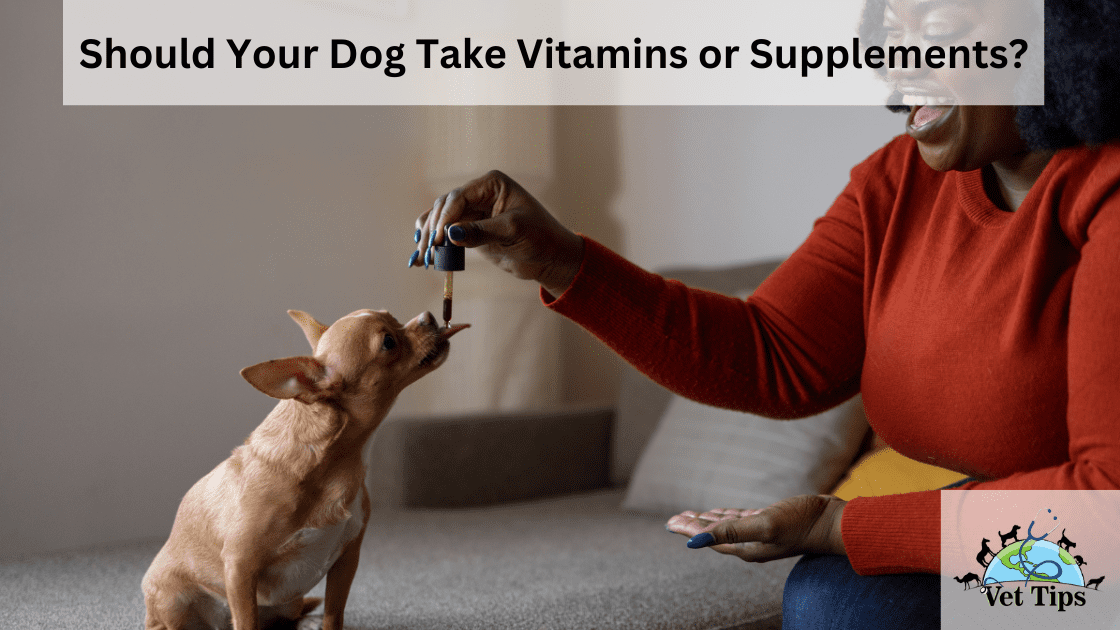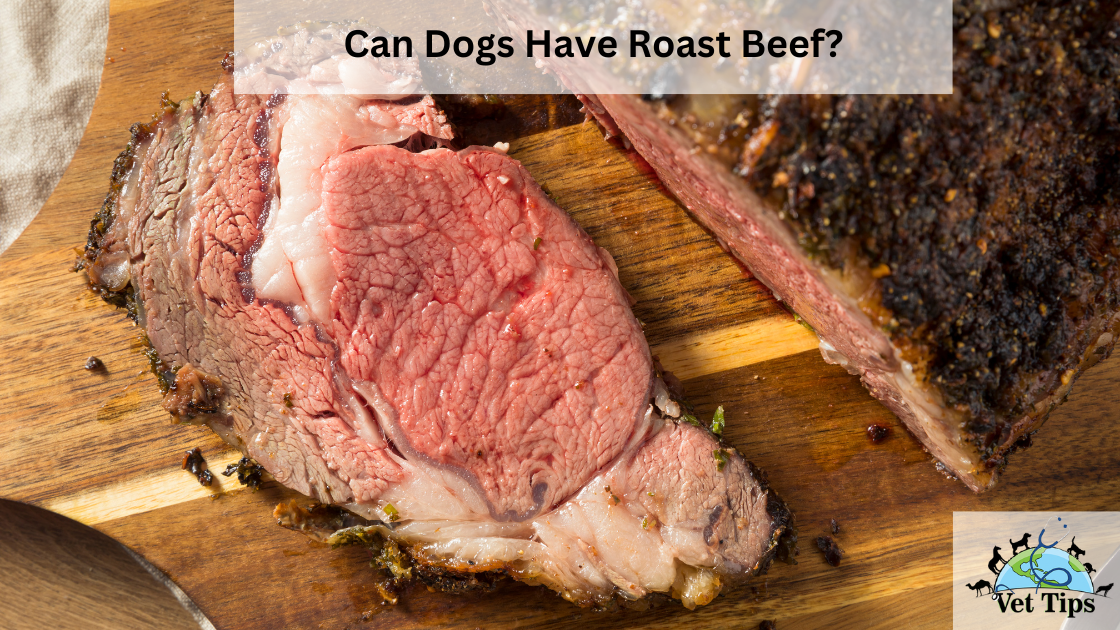“Should your dog take vitamins or supplements?” is the most common question asked by new dog enthusiasts. But do vitamins or supplements matter? If yes then what are their benefits and how do you use them appropriately?
Let us discuss all that in detail
Should your dog take vitamins or supplements?
Yes, it would help if you give multivitamins and supplements in every stage of a dog’s life, significantly when they are growing or getting old.
Supplements for dogs?
A supplement is a concentrated form of a component added to a dog’s diet to boost nutrition and enhance a dog’s health or wellbeing. These external nutritional supplements provide essential but often hard-to-come-by elements in your canine’s diet. These may not be compulsory for every dog, but they can help improve their quality of life.
Dogs also require vitamins and supplements as part of their diet, just as we do. Vitamins keep your dog’s skin and coat healthy, strengthen bones and teeth, and give them the overall energy that they need to function.
There are multiple numbers of diseases and conditions in dogs that can benefit from low vitamin supplementation. So, it is necessary to give your dog the best multivitamin.
Supplements and vitamins are often used to treat the following:
- Skin and coat
- Behavioural problems
- Heart health
- Digestive and immunity
- Joint and mobility
- Allergy relief
- Antioxidants
You should select a multivitamin supplement correctly because too much calcium, for instance, can make your pet very sick. So use our commercial brand, whom both vets and pet parents trust.
Why Total Pet Health (Multi-Vitamin)?
Because with a vast amount of vitamins and minerals that support your pet’s overall health, Total Pet Health (Multi-Vitamin) is an excellent choice for any canine. With essential vitamins like Vitamin B12 and vitamin E, this multivitamin enhances health, supple skin, and dogs’ shiny coats. At the same time, it supports hip and joint health with a blend of calcium, pyridoxine, and phosphorous. It also serves as eye vitamins for dogs due to the high amount of vitamin A in it, which is necessary for the eye cycle that helps see in bright light.
For healthy skin and coat, this product serves as an ideal source because the essential amount of skin vitamins for dogs is also present. It includes a maximum number of vitamins to support your pup’s immune system and heart. Indeed, this multivitamin provides everything your puppy wants to stay healthy at any age.
Check out this Best of the Best Total Pet Health Supplement
Should your dog take vitamins or supplements? (Cont.)
The individual function of essential vitamins for dogs
Vitamin B Complex for dogs
- Vitamin B complex is a group of essential vitamins that play a vital role in your dog’s health.
- Thiamine, also known as B1, helps regulate carbohydrate and energy metabolism and activate all the ion channels in the nervous system.
- Pantothenic acid, generally known as B5, helps with energy metabolism.
- Niacin or vitamin B3 regulate body systems and help detoxify components due to antioxidant properties
- Vitamin B6 is incredibly vital. Vitamin B6 is responsible for nervous system functioning. It also regulates hormone regulation, glucose generation, niacin synthesis, gene activation and immune response.
- Folic acid (B9) plays a crucial role in nucleotide and amino acid metabolism and helps synthesize mitochondrial proteins.
- Riboflavin which is commonly known as B12, help facilitate all the body enzymatic function.
Check out this one of the best Vitamin B supplements for dogs
Vitamin A for Dogs
Vitamin A is the vitamin responsible for excellent vision and eyesight for both humans and dogs. It is also responsible for growth, immune function, fetal development, and cell function. In this product, vitamin A is present in adequate quantity, which boosts your canines eye health.
Check out this one of the best Vitamin A supplements for dogs
Vitamin C for dogs
Vitamin C is an important antioxidant. It suppresses potentially harmful free radicals in the dog’s body and helps reduce inflammation and ageing. Dogs can synthesize vitamin C naturally, but in some cases, i.e., soon after whelping or due to some medical conditions, dogs suffer from vitamin C deficiency, leading to softening of bone along with osteoarthritis. In that condition, you must offer additional vitamin C supplement to keep your dog fit and healthy.
Check out this one of the best Vitamin C supplements for dogs
Vitamin D for dogs
Vitamin D, or “sunlight vitamin,” allows your dog’s body to balance minerals such as phosphorus and calcium for healthy bone growth. Without it, your dog will not be able to grow appropriately or maintain healthy muscles and bones.
Check out this one of the best Vitamin D supplements for dogs
Vitamin E for dogs
Vitamin E is one of your dog’s defence against oxidative damage. This essential vitamin is also necessary for cell function and fat metabolism. It also boosts the reproductive behaviour of canines along with selenium. Vitamin E deficiencies can lead to eye and muscle degeneration and reproductive issues.
Check out this one of the best Vitamin E supplements for dogs
Vitamin K for dogs
Vitamin k is a fat-soluble vitamin that activates your dog’s blood clotting ability. This vitamin is essential for the post-translational processing of the prothrombin group of coagulation factors (Factors II, VII, IX, and X). Its deficiency causes uncontrollable bleeding due to failure of normal fibrin clot formation.
Check out this one of the best Vitamin K supplements for dogs
Conclusion
People love how practical these dog supplements are in preventing everything from arthritis to heart problems. Unlike many supplements that target only one or two areas, this multivitamin provides daily support for every area of your dog’s health. It doesn’t matter your dog’s breed or age. That’s what makes it the best choice. Both younger and older dogs can benefit from it.
Tell us in the comments, how you like our article “Should your dog take vitamins or supplements?”
For similar posts like this, click here.
For the source file, click here.









One thought on “Should Your Dog Take Vitamins or Supplements?”